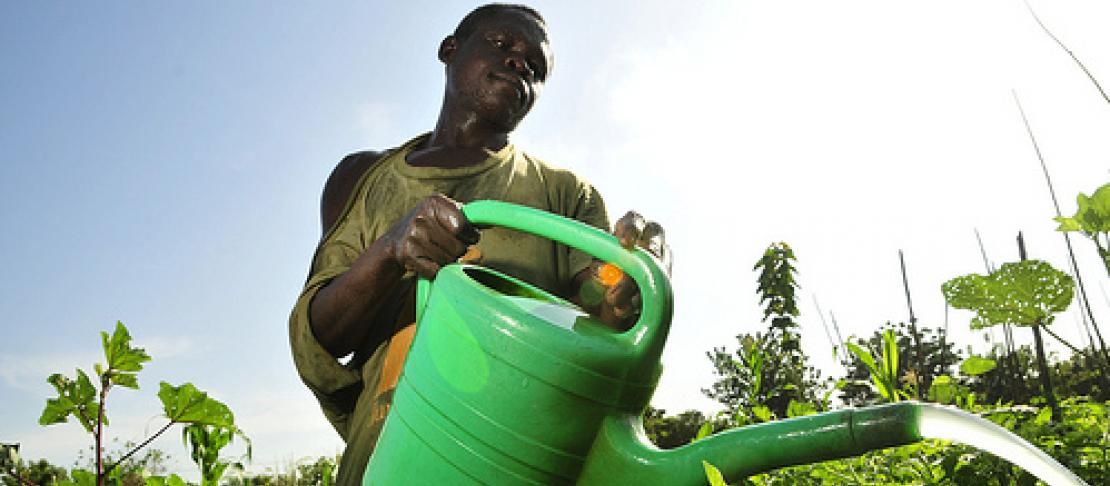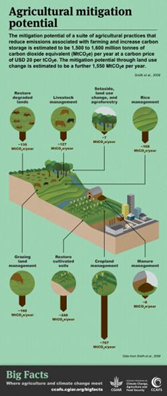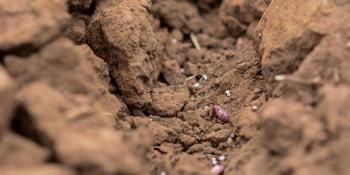The promise and pitfalls of agricultural carbon projects

By Alison Nihart
With agriculture accounting for 10-12% of global human-induced greenhouse gas (GHG) emissions, sustainable agricultural development programs are looking to incorporate emissions reduction strategies into project design.
A new CCAFS working paper, Smallholder agricultural carbon projects in Ghana: Benefits, barriers, and institutional arrangements by Jean Lee, profiles four such agricultural carbon projects.
 Based on primary research conducted in 2011, the paper provides a snapshot of the current state of projects that are attempting to reduce agricultural GHG emissions while also supporting smallholder farmer livelihoods and helping them adapt to climate change.
Based on primary research conducted in 2011, the paper provides a snapshot of the current state of projects that are attempting to reduce agricultural GHG emissions while also supporting smallholder farmer livelihoods and helping them adapt to climate change.
The projects, which use a variety of incentive mechanisms to promote on-farm conservation measures, aim to provide both short-term and long-term livelihood benefits. However, participation requirements pose barriers for some farmers. Institutional arrangements (e.g. contracts, land tenure, farmer organizations) can affect the costs, risks, barriers, and incentives farmers encounter in participating and benefiting from climate mitigation projects.
Attention to project design has the potential to clarify the role of carbon markets and certification in agricultural mitigation projects and ensure that benefits are distributed fairly. Involving smallholder farmers in the design of agricultural mitigation projects is essential if projects are to be sustainable and to ensure that projects do not compromise farmer livelihoods and food security.
Alison Nihart is a Research Assistant in CCAFS Pro-Poor Climate Change Mitigation Research program. Read more about CCAFS research into pro-poor climate change mitigation in developing countries.


